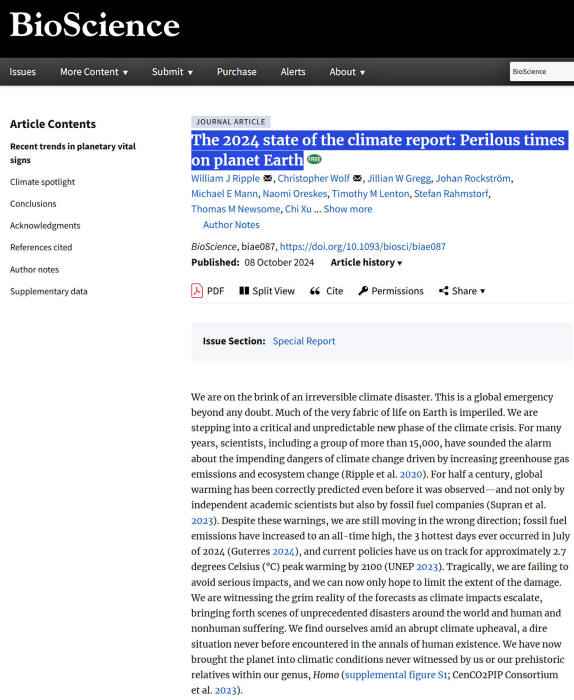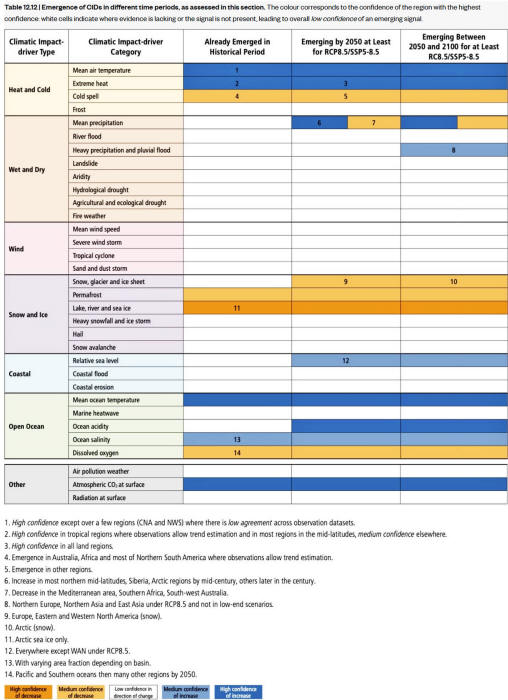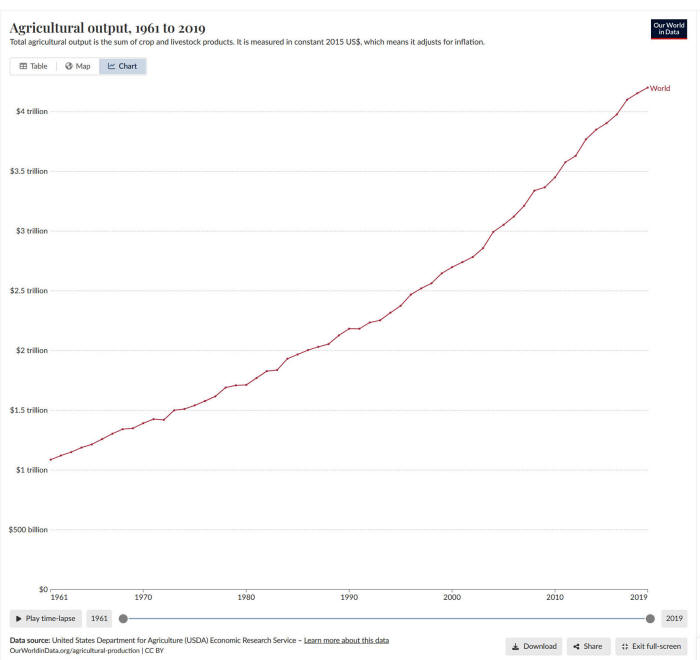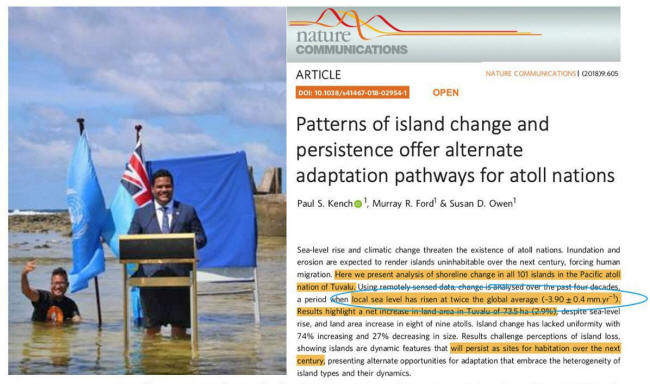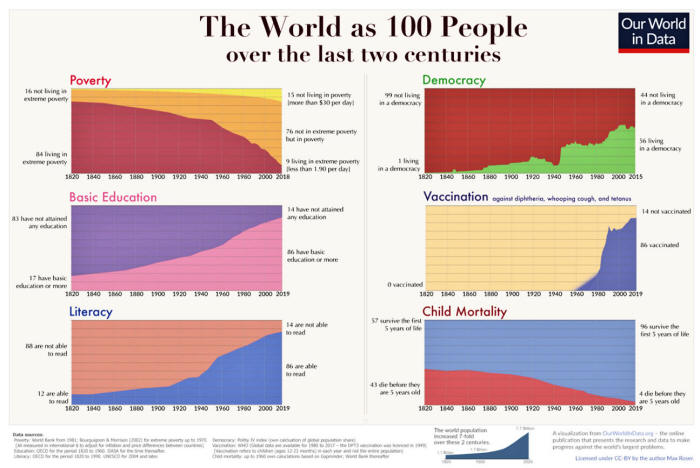|
The Green Elite's War on Human Progress.
is more about fear than facts...
While it projects an image of scientific rigor, a closer look reveals that most of these dire warnings don't even align with the IPCC's latest report, particularly when scrutinizing the IPCC AR6's scientific foundations.
Let's break this down...
Heat and Cold - Cherry-Picking for Panic
The article wildly exaggerates heat extremes and cold spells, ignoring that most of these changes are well within natural variability, as even the IPCC AR6 admits.
According to IPCC's AR6 Chapter 12 (Table 12.12), heat extremes are increasing in some places, but not uniformly across the globe.
Meanwhile, extreme cold, which kills far more than heat, is thankfully on the decline, as energy access has improved globally.
And let's look at the actual data:
These are the very energy sources the article "demonizes"...
For those in developing nations, these so-called temperature extremes aren't even on their radar.
Western elites conveniently forget that the world's greatest public health achievements, from heating homes to powering air conditioning, have been driven by fossil fuels, not solar panels or wind farms...
Wet and Dry - The Fear of Floods and Droughts Misplaced
The article's ominous portrayal of floods and droughts paints a picture of the world on the verge of catastrophe...
But according to the IPCC, the patterns of precipitation are far more complex and regionally specific. There's no evidence to suggest that the developing world is suddenly facing greater risks from floods than they have for centuries.
Sure, some regions may see slight increases in flood risks,
Absolutely not...
The focus on "hydrological drought" and "agricultural drought" as ticking time bombs is equally misleading.
Historically, humans have managed droughts through,
...not by "cutting emissions!.
Global agricultural productivity is at an all-time high, and hunger levels have declined in the era of so-called "climate emergency," thanks to fossil fuel-based fertilizers and mechanization.
Snow and Ice - Hyping Glaciers and Sea Level
The BioScience piece laments the melting of glaciers and the threat of sea-level rise.
Again,
Yes, glaciers are retreating, but even in the most extreme models (RCP8.5 or SSP5-8.5, which the IPCC admits is unrealistic), sea level rise remains manageable.
And let's be clear:
The article also sounds the alarm on permafrost melt, but the risk is localized and pales in comparison to the daily struggles of communities striving to lift themselves out of poverty.
The alarmists miss the point that the biggest threat to the world's poorest isn't climate change:
Coastal and Open Ocean - Erosion Myths and Overblown Heatwaves
Coastal erosion and sea-level rise have been favorite talking points for alarmists for decades.
And yet, here we are.
The IPCC AR6 is clear,
And let's not forget that many coastal areas are already sinking due to geological factors, not rising seas.
Tuvalu's Minister for Justice, Communication & Foreign Affairs Simon Kofe gives a COP26 statement while standing in the ocean in Funafuti, Tuvalu November 5, 2021. Courtesy Tuvalu's Ministry of Justice, Communication and Foreign Affairs Social Media via REUTERS
Recent research published in the ISPRS Journal of Photogrammetry and Remote Sensing, gathered Landsat imagery between 1984 and 2019, indicating that,
What's more, the real drivers of coastal resilience, economic development and infrastructure, are completely ignored by the article.
Look at the Netherlands:
The poor countries most often cited in these papers don't need "climate reparations," they need the ability to develop their economies using the same cheap energy that the West used.
As for the oceans, the fear of marine heatwaves and ocean acidification is vastly overstated.
A recent article published in the journal Nature titled, "Marine Heatwaves are Not a Dominant Driver of Change in Demersal Fishes", highlights this point and states…
The hypocrisy here is staggering...
Wealthy nations that built their economies on fossil fuels are now pushing developing nations to "go green," fully aware that renewables cannot yet provide the energy scale needed to pull billions out of poverty.
It's not about saving the planet; it's about controlling the world...!
Conclusion - Human Progress Has Never Been Better, Thanks to Fossil Fuels
Here's the simple truth:
These advancements haven't come from cutting emissions, they've come from embracing industry, energy, and progress.
The BioScience article reads as little more than a diatribe against human progress, rejecting the very innovations that have allowed billions to escape poverty.
It's propaganda aimed at an audience that has the luxury of fretting over future hypothetical scenarios because they've already reaped the benefits of industrialization.
For the 7 billion people not living in the privileged West, the real emergency isn't climate change...
|



